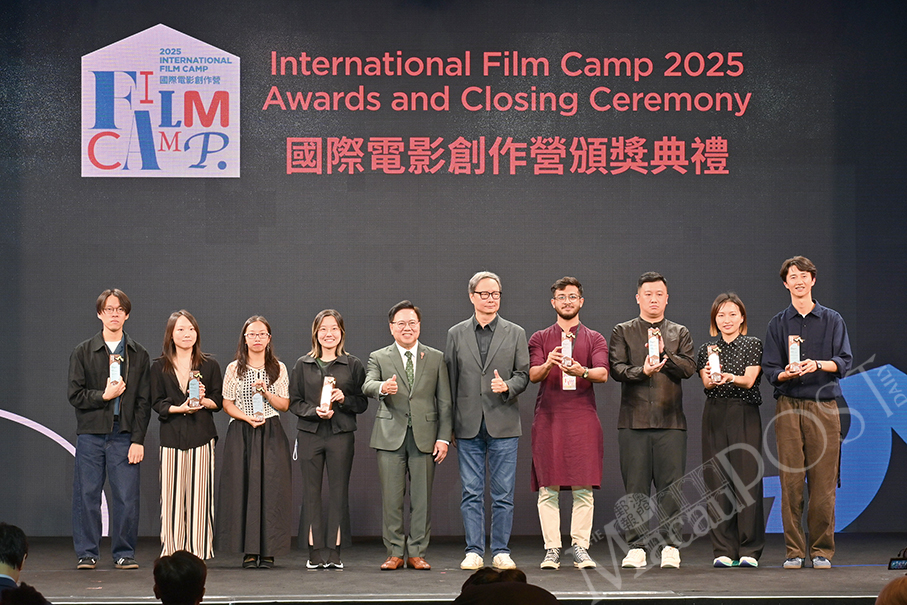China Daily Editorial
Japanese Prime Minister Fumio Kishida has done a good job in turning the nuclear attack on Hiroshima into a diplomatic resource. Hosting the G7 summit in the city not only provided his Western guests with a platform on which to virtue signal their love for peace, but also one on which to shape Japan’s image as a victim of the war that it started in the first place.
That is intended to endow with legitimacy the transformation of Japan from being the perpetrator of a war of transgressive aggression into a defender of the “rules-based” international order.
By doing so, the Kishida government aims to not only help Japan evade its responsibility for its actions, but also create a pretext for rebuilding its military force, making it a threat to regional peace and stability again.
To this end, it is trying to shrug off its accountability for its occupational crimes in Korea, seeking to amend its so-called pacifist Constitution that imposes restrictions on its militarization and markedly raising its defense budget.
As the G7 summit demonstrated, Tokyo is seizing the opportunity of taking a free ride on the United States’ “Indo-Pacific” strategy to make its remilitarization a fait accompli and make it appear benign.
Strengthening its security alliance with the US, and openly hyping up tensions with Beijing over the Taiwan question offer Tokyo’s ambitions the veneer of righteousness, albeit that veneer is bestowed with the stamp of convenience.
As the series of documents the G7 issued during the summit indicate – including G7 Leaders’ Hiroshima Vision on Nuclear Disarmament, G7 Leaders’ Statement on Ukraine, G7 Hiroshima Leaders’ Communique and Hiroshima Action Statement for Resilient Global Food Security – it is clear that the G7 countries feel no shame in denying that it is their actions that are the main causes of the volatility and frictions in the world today.
Pointing the finger at others, and empowering itself to ignore and violate international norms and laws are characteristic of Washington’s zero-sum thinking. Something the Kishida government is emulating as a means for Japan to escape the stigma of its past transgressions and justify its re-emergence as a military power.
Kishida knows that only by adopting a gradual transformation under the cover of the US’ strategy to contain China can Japan be released from the “control” of Washington. The Hiroshima summit has enabled his government to take an important step toward breaking away from the postwar system and becoming a military power. Once that is achieved, it will have the means to try and reshape the regional order in its own favor.
What it is doing deserves the vigilance of all peace-loving countries.
– Courtesy of China Daily









